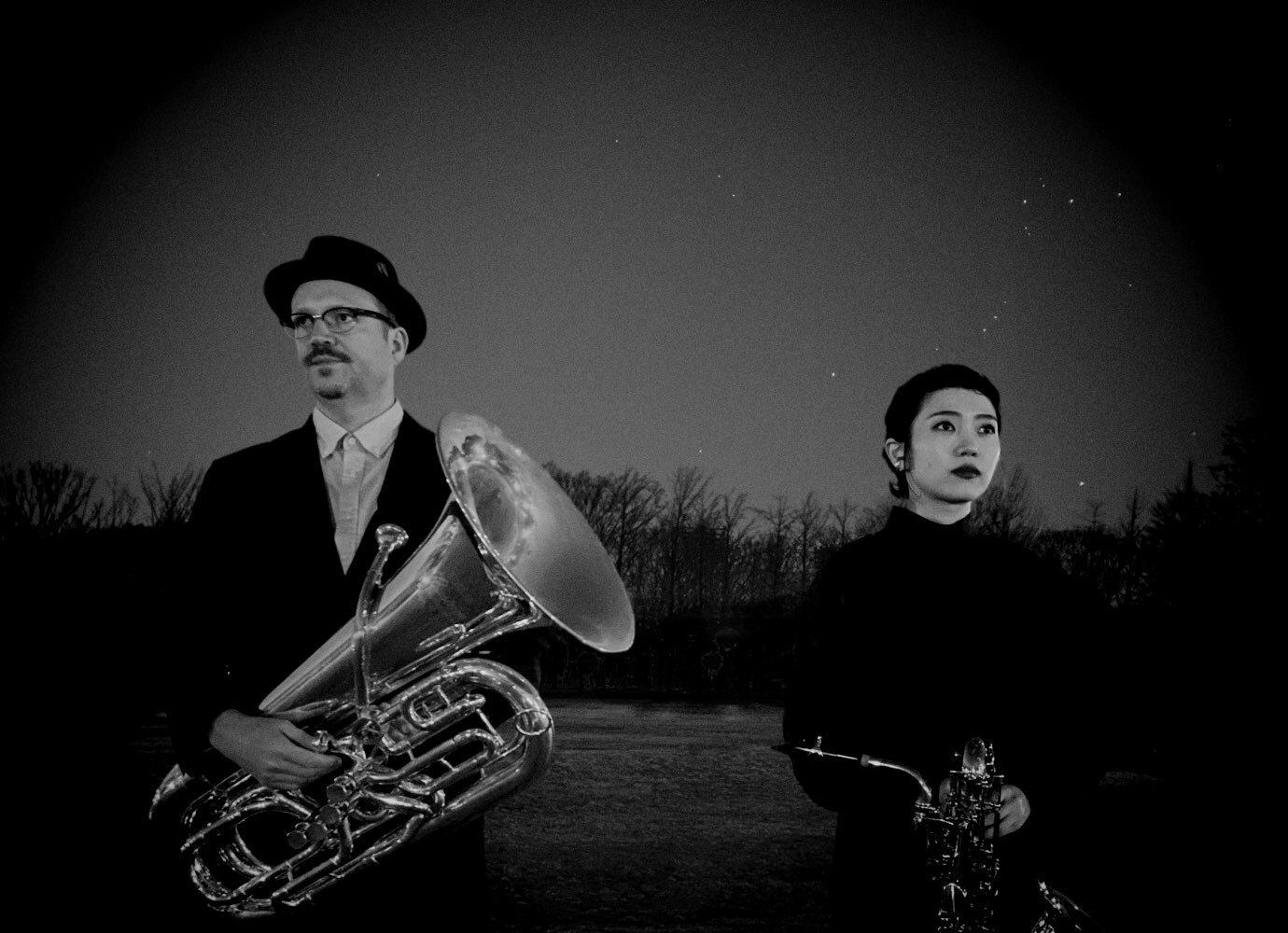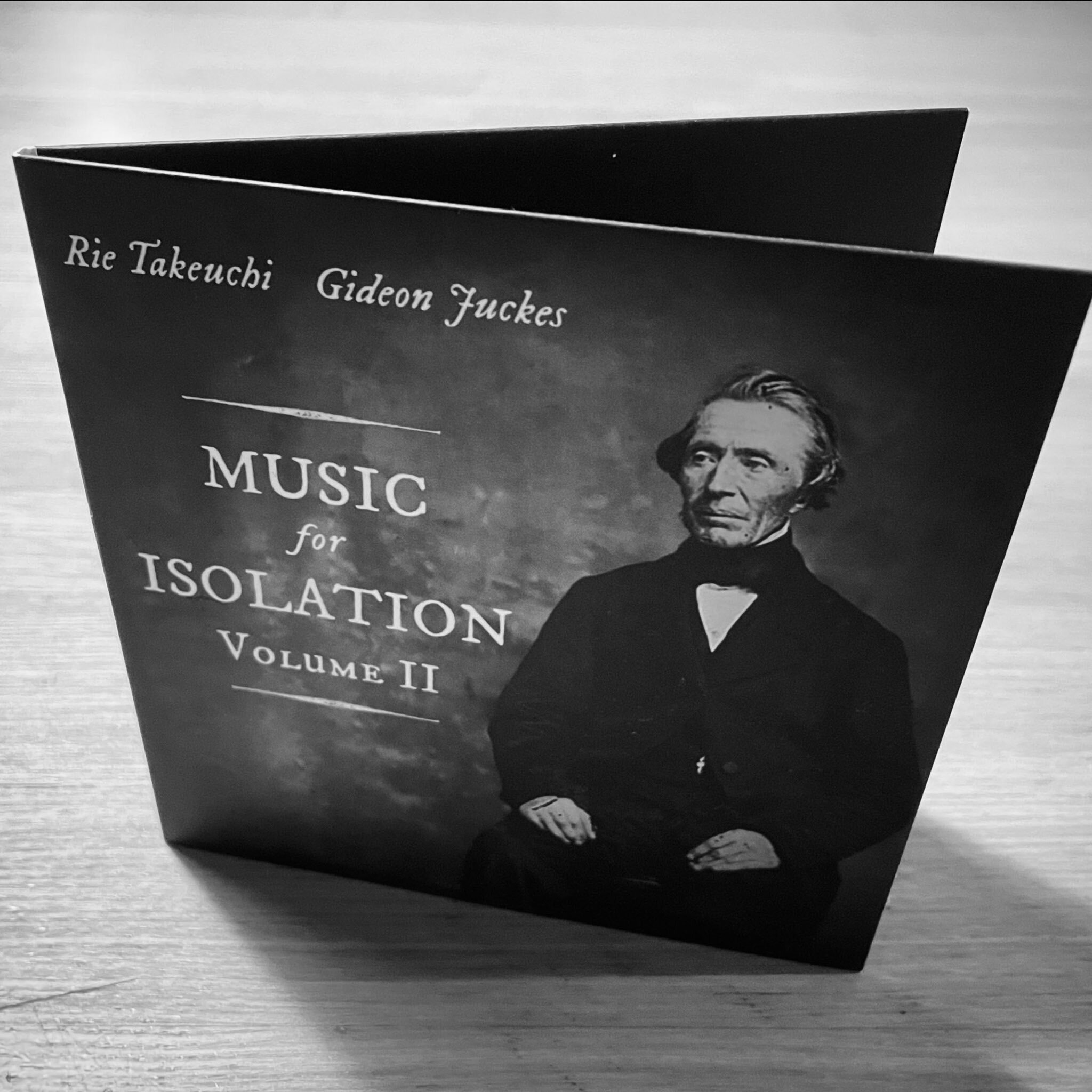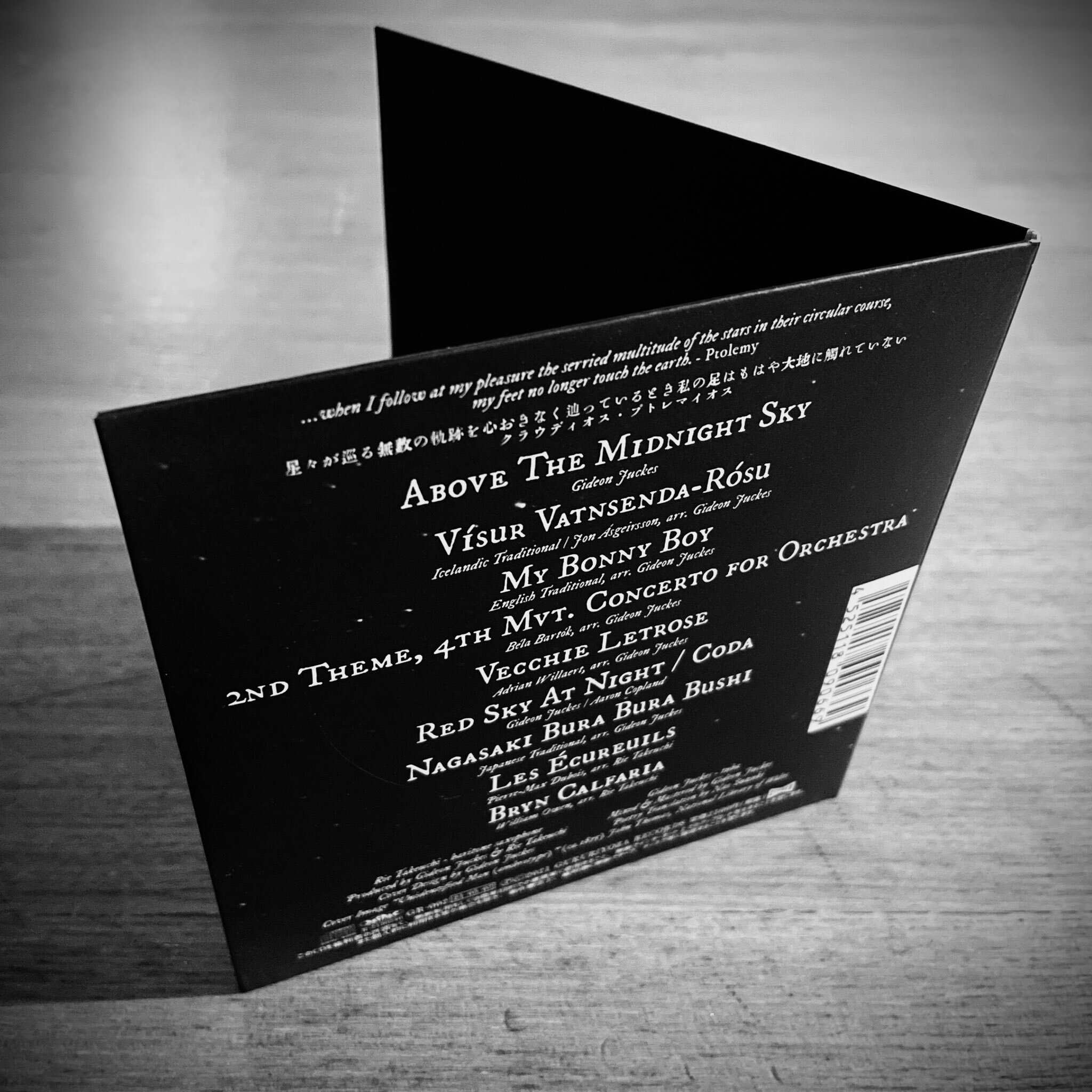The legendary tuba player and baritone saxophonist Howard Johnson has passed away at the age of 79.
When I was 15 I attended a talk and performance by Howard Johnson at London’s Barbican Centre. With his warm and open personality, he explained that the tuba can play any style of music, and he demonstrated by playing some amazing jazz solos for us. This culminated in all tuba players present (around 50!) joining him and his rhythm section on stage to play and improvise together. All this, plus his warm smile and encouragement while I tried my best to join in, were to have a huge effect on me.
What I didn’t know until later was just how much of a seismic impact his work would have on my own career as a musician.
At age 15, i was playing the tuba in local youth symphony orchestras and ensembles in East Sussex, and studying on Saturdays at the Royal Academy of Music in London. In addition to my love of classical music, I also had another musical passion, which at the time I thought of as a separate world: rock and jazz rock. It never occurred to me that I would ever be able to play this music on the tuba in a rock band, because I hadn’t heard it done before. Meeting and listening to Howard Johnson changed all that, and his open-minded approach in turn opened my own mind, and I began to pursue different styles of music, feeling confident that my instrument had a legitimate place in any situation.
One thing which Howard talked about very passionately throughout that day was how he was constantly fighting prejudice against our instrument. He told a story about being sat at home drinking a cup of coffee, watching The Oprah Winfrey Show. The guest was Kenny G. Oprah asked him “why did you choose to play this instrument, the soprano saxophone?” to which he replied “Well, can you imagine playing this on the tuba?” and proceeded to play some effete pentatonic flourish, at which Howard flew into an almighty rage and almost (or possibly did, i don’t remember) threw his cup of coffee through the TV! Taking all this in, feeling a renewed love and passion for my chosen instrument, I began to prepare for a life fighting the good fight for the reputation of the tuba.
However, the reality for me has been almost universally different. When I auditioned for Goldsmith’s College, University of London, I was interviewed by a professional baritone saxophonist, and we spent most of the interview chatting passionately about Gil Evan’s use of tuba in his jazz orchestra, and what wonderful tuba players he used (you guessed it, Howard Johnson was one of them). I was delighted that members of the faculty had such respect for the instrument, and while at university, I had the freedom to explore large and small ensemble jazz and rock with other students in our free time, in addition to the University orchestra.
Actually I did meet just one bit of prejudice at Goldsmith’s, and from an unexpected direction. When I applied to study jazz performance in my final year, the head of the Jazz department at that time, Peter Driver told me “I don’t think it’s feasible to play jazz on the tuba”. Alternating flashes of red and Howard’s coffee cup passed before my eyes, but I kept my temper in check. He made me audition, and during my improvisation I gave him the musical equivalent of a coffee cup through his TV.
After graduation, beginning my life as a freelance tuba player, one of my first playing jobs was as a member of The John Bennett Band. John is a wonderful trombonist and composer, who has always insisted on having a tuba in his band. The tuba’s role was equal to the other instruments. There were parts using the full musical range of the instrument, and always opportunities to solo.
As my career progressed, I was called on to play in new ensembles by friends and aquaintances who had never written for the tuba before, and often I would find myself playing new music in evolving genres. I was asked to play traditional music from many countries, including my own, and with pop artists and major rock bands. I’ve played for theatre, ballet, TV and movies, and the parts are almost always challenging and stretching the traditional perception of the instrument.
In short, throughout a diverse professional career, whether in London or Tokyo, I have almost never encountered prejudice against my instrument, in fact the opposite. Fellow musicians, band leaders, and the audiences of my own projects have always been excited and impressed to have a tuba present.
And I can tell you exactly why.
I have been able to do all of that because Howard Johnson did this:




